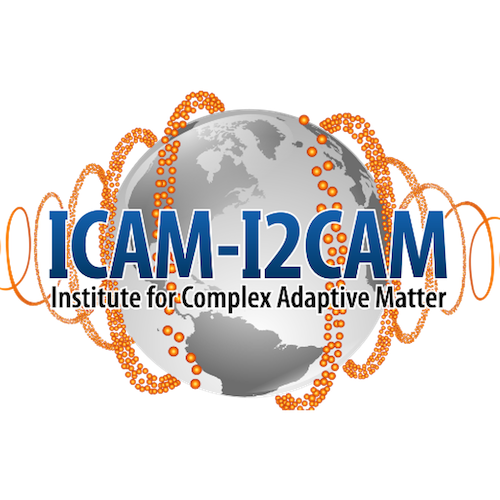In recent years, the study of symmetries in quantum many-body systems has undergone a profound transformation. Physicists are uncovering new forms of symmetry—such as higher-form, non-invertible, and subsystem symmetries—that go far beyond traditional notions rooted in particle and condensed matter physics. These generalized symmetries have opened up powerful new ways to understand and classify quantum phases of matter, including many that fall outside conventional paradigms.
At the same time, the concept of anomaly—once mostly associated with high-energy physics—has found new life in condensed matter settings. It now plays a central role in understanding how microscopic symmetries can be realized in highly nontrivial ways at low energies, often protecting or constraining exotic quantum phases such as symmetry-protected topological (SPT) states.
These new insights have reshaped our understanding of quantum entanglement, conservation laws and hydrodynamics in interacting systems, and are beginning to influence how we think about mixed states and open quantum systems.
This meeting aims to bring together a diverse set of researchers working at the forefront of these developments. A key goal of the program is to provide conceptual clarity and technical grounding for early-career researchers through a series of pedagogical lectures, while also promoting cutting-edge research through focused seminars. By fostering dialogue and collaborations within this broad community, we aim to deepen our understanding of how symmetry continues to shape the quantum world in unexpected ways.
Topics to be covered for school:
1. Introduction to anomalies (A. Sen, ICTS)
2. Fractons (V. Shenoy, IISc Bangalore)
3. Categories in condensed matter physics (J. Vidal, Sorbonne Univ.)
4. Quantum error correction and generalized symmetries (M. Knap, TU Munich)
5. Non-invertible and higher-form symmetries (H. T. Lam, MIT and A. Tiwari, Danish Institute for Advance Study)
6. Defects and symmetries (Z. Komargodski, Simons Centre, Stonybrooke)
7. Emergent symmetries, Hilbert space fragmentation and hydrodynamics (S. Moudgalya, TU Munich)
8. Frustration-free quantum many-body systems (H. Watanabe, Univ. of Tokyo)
9. Numerical methods for topological phases (Frank Verstraete, University of Cambridge)
Eligiblity criteria: Senior PhD students onwards
Accommodation will be provided for outstation participants at our on campus guest house.
ICTS is committed to building an environment that is inclusive, non discriminatory and welcoming of diverse individuals. We especially encourage the participation of women and other under-represented groups.
The program is funded by ICAM-I2CAM, U.S. National Science Foundation and supported by the Swedish Foundation for International Coopearion in Research and Higher Education.



 icts
icts res
res in
in

